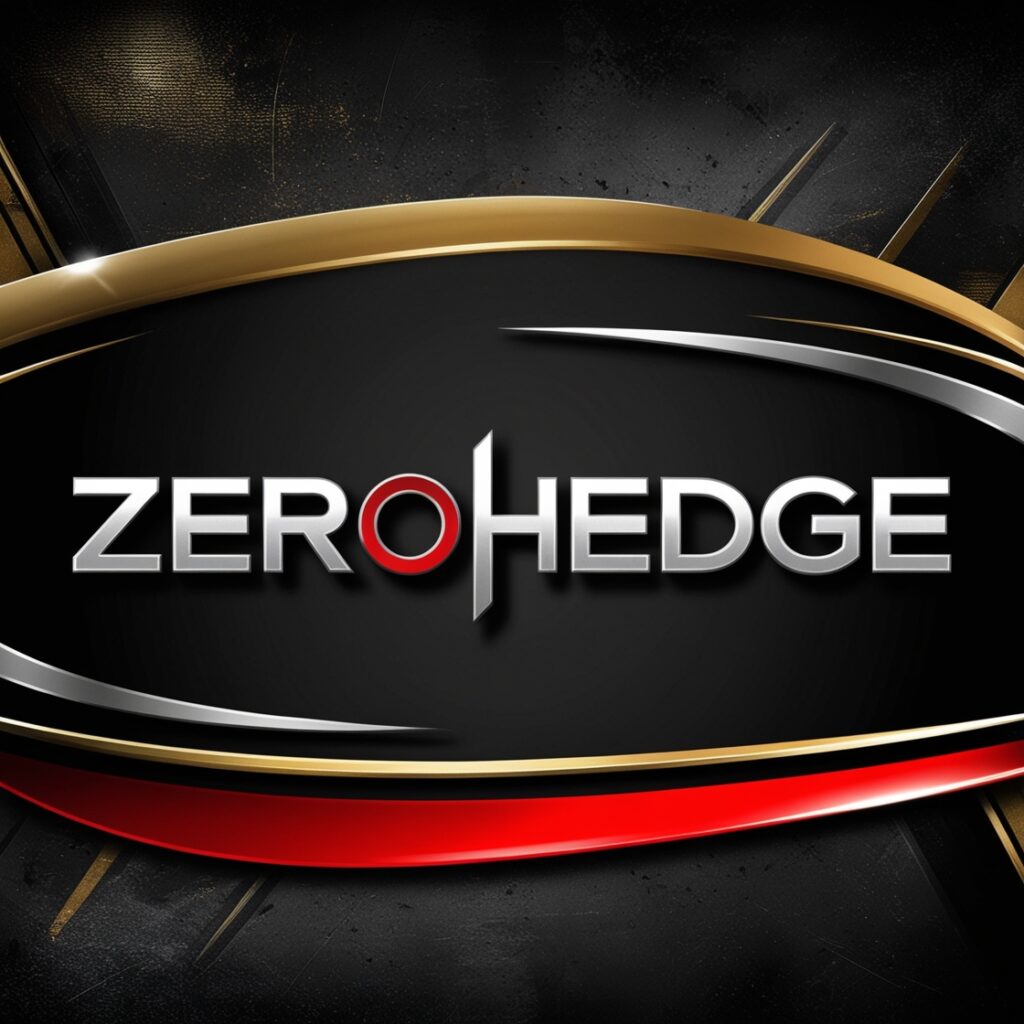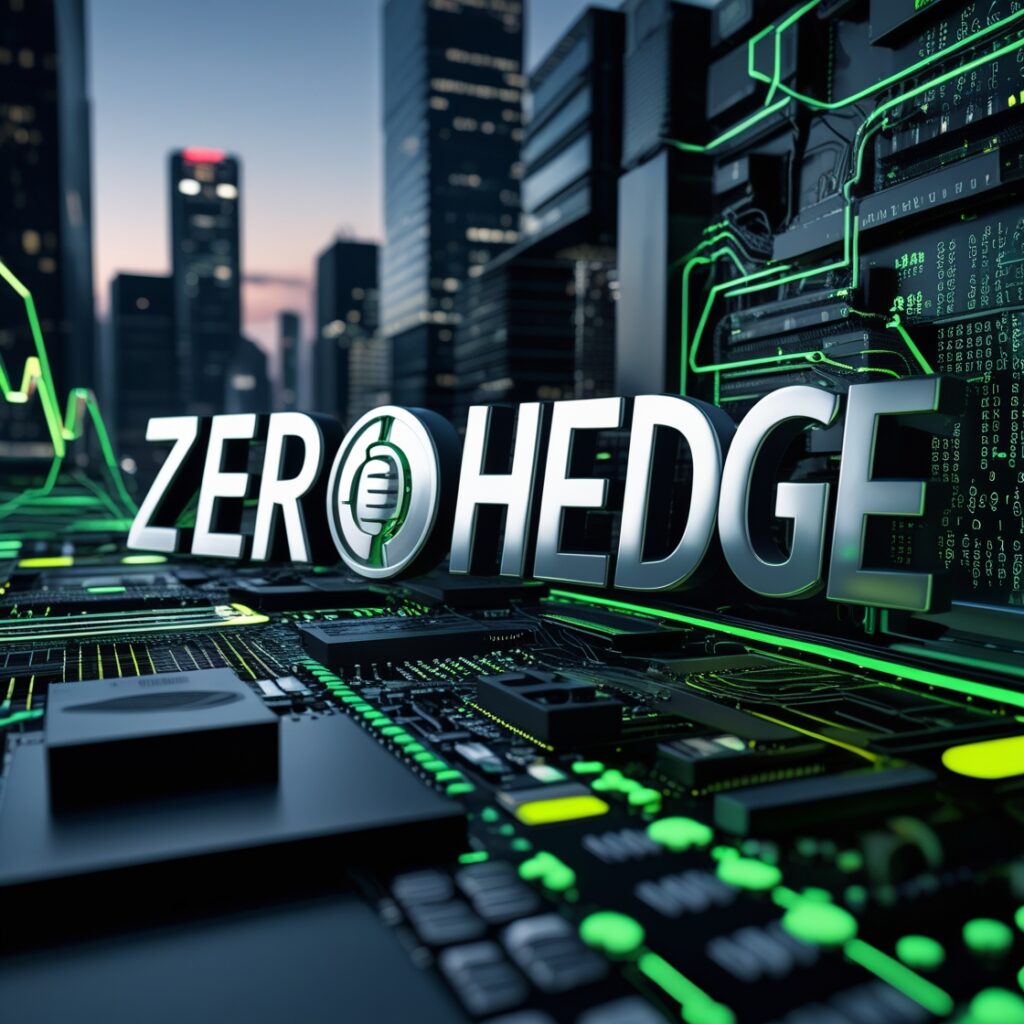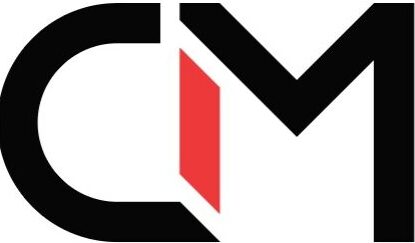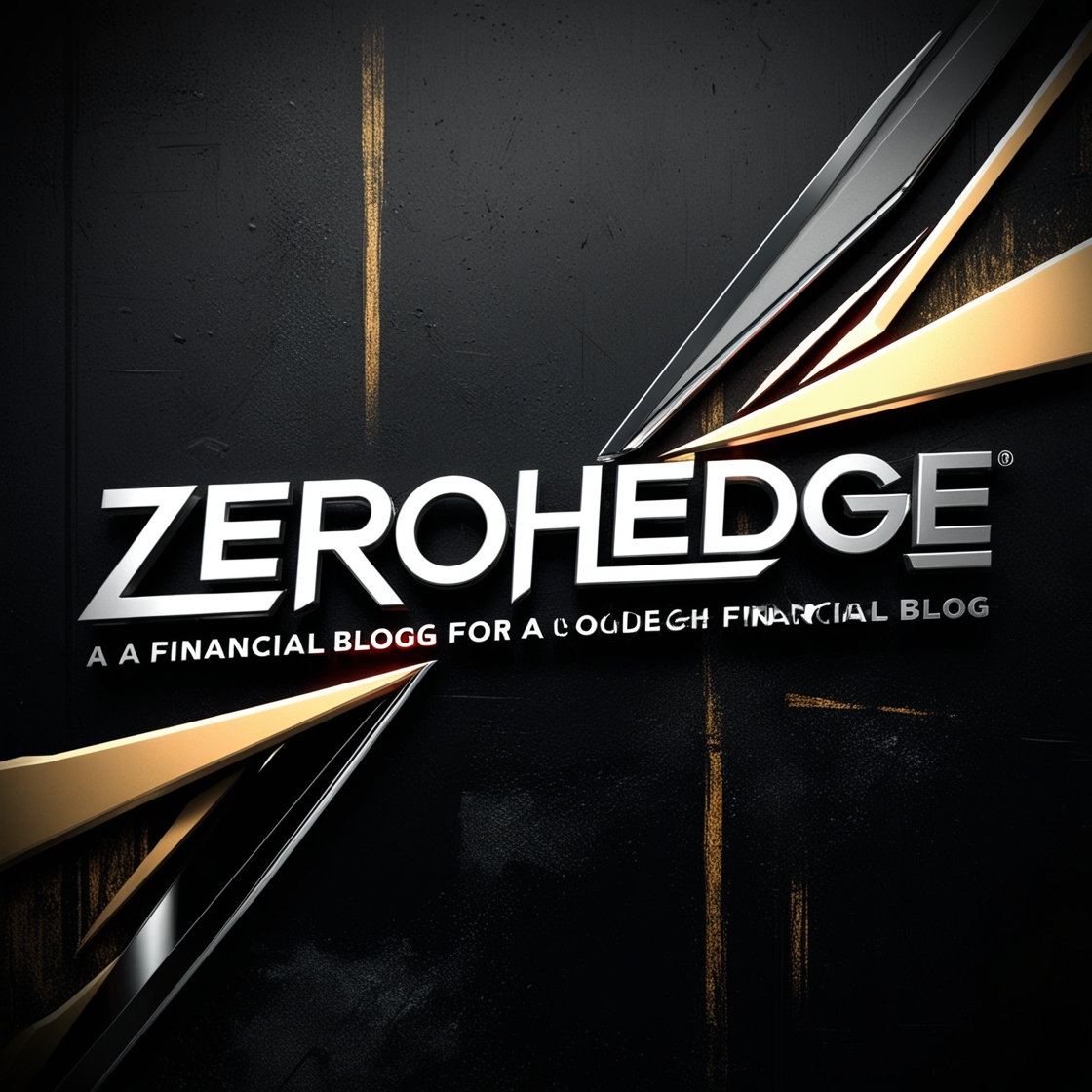In these days’s fast-paced digital media landscape, wherein mainstream narratives regularly dominate the records move, ZeroHedge has carved out a unique space as an alternative economic news platform known for its provocative tone, independent evaluation, and unfiltered observation. Since its inception in 2009, the web page has garnered both acclaim and criticism, drawing a faithful readership that spans person traders, monetary specialists, and political skeptics alike.
Positioning itself as a watchdog in opposition to what it perceives as media manipulation and institutional corruption, ZeroHedge has emerge as a go-to supply for those seeking contrarian viewpoints on worldwide markets, macroeconomics, and geopolitics. Operating below a pseudonymous identification—maximum substantially “Tyler Durden,” a nod to the anti-established order man or woman from Fight Club—the platform challenges conventional reporting with raw information, leaked files, and interpretative perception that frequently questions the motivations at the back of crucial banks, multinational businesses, and authorities groups.
As financial ecosystems broaden an increasing number of complex and global accept as true with in traditional establishments continues to waver, the location of shops like ZeroHedge has extended past fringe discourse. It now influences a section of public opinion or maybe sparks discussions across hedge finances, shopping for and promoting flooring, and political circles. However, its formidable editorial stance and reliance on anonymous resources have sparked debate over credibility, objectivity, and the excellent line between journalism and activism.
Zero Hedge: A Critical Examination
Zero Hedge (also stylized as ZeroHedge or ZH) is a widely trafficked financial and political commentary platform launched in January 2009 by Bulgarian-born Daniel Ivandjiiski, who operates under the pseudonym “Tyler Durden”. The site began as a niche outlet for contrarian financial analysis, leveraging an anonymous writing model to amplify unfiltered perspectives. Over time, it evolved into a highly polarizing destination, known for its bearish economic outlook and provocative content.
Founding and Financial Philosophy
As disclosed in its Manifesto, Zero Hedge aims to broaden the spectrum of economic and political insights accessible to professional investors, to challenge the constraints of conventional financial journalism,and to champion dissident or overlooked viewpoints. Its economic commentary largely draws on Austrian School principles, promoting skepticism toward quantitative easing, credit expansion, and central bank interventions. The site frequently advocates for hard assets such as gold, precious metals, and cryptocurrencies as hedges against systemic risk.
See Also : Zelle Daily Limit: How Much You Can Send and Receive in a Day
Origins, Authorship and Media Growth
Ivandjiiski was barred from the U.S. securities industry in 2008 after a documented insider trading violation, yet he moved quickly to establish Zero Hedge the following year. Although “Tyler Durden” is officially attributed to Ivandjiiski, insiders—including former contributor Colin Lokey—have confirmed that multiple writers used the alias over time. The site initially gained prominence by exposing controversial high-frequency trading operations, which led to broader media coverage and regulatory interest.
Controversies and Content Evolution
As traffic surged, Zero Hedge expanded into politically charged commentary. Critics and former insiders have accused the site of hosting conspiracy-laden narratives, sensational headlines, and pro‑Kremlin slants—especially regarding global affairs. Lokey stated that there was internal pressure to frame content in politically biased ways, such as praising Vladimir Putin while disparaging Western leaders.
Over the years, Zero Hedge has faced several platform suspensions: Facebook restricted sharing in 2019, Twitter permanently suspended its account in early 2020 for hosting coronavirus misinformation, and Google Ads banned the site in mid‑2020 citing hate and discriminatory content violations—though some bans were later reversed.

Disinformation Allegations and Investigative Criticism
Government and independent analysts have accused Zero Hedge of amplifying disinformation. In February 2022, U.S. intelligence officials formally alleged that the site propagated Kremlin-aligned narratives, casting doubt on its editorial independence.A RAND study and investigative journalists have documented how articles from Zero Hedge were republished or mirrored by fringe outlets, contributing to the spread of misleading content globally.
One notable instance was its republication of an unfounded claim about the COVID-19 virus allegedly being smuggled from Canada to China—a story originally from a fringe Indian website. Zero Hedge’s version reached massive engagement before being debunked by authorities, illustrating the site’s role in accelerating false narratives.
Reader Reception and Critical Perspectives
Readers and commentators often describe Zero Hedge as a blend of provocative sensationalism and occasionally sharp financial analysis. Some believe it serves as a test bed for dissenting ideas, urging critical thought even when the tone is exaggerated. Others advise great caution, citing its inconsistent quality, frequent conspiratorial framing, and profit-driven emphasis on clickbait.
A former poster on Hacker News summed up: “Zero Hedge is borderline conspiracy theorist nonsense surrounded by occasionally correct financial analysis,” but also noted that “they bring to the front a lot of data that no mainstream publication will show”.

Assessing Expertise, Authority, and Trust (E‑A‑T)

To evaluate Zero Hedge under Google’s E‑A‑T framework:
- Expertise: The site offers market data and financial commentary from contributors with hedge fund, trading, or investing backgrounds. Early investigative pieces on high‑frequency trading earned recognition.
- Authority: While frequently cited, Zero Hedge’s authority is diluted by its anonymity, lack of formal editorial review, and repeated controversies regarding misinformation and political bias.
- Trustworthiness: Trust is undermined by its history of propagating false claims, anonymous authorship, litigation, and allegations of foreign influence. Although legitimate financial analysis exists, there is no consistent quality control or transparency in sourcing.
MCQs:
1. When was ZeroHedge launched?
A) 2007
B) 2008
C) 2009
D) 2010
Correct Answer: C) 2009
2. What pseudonym is most commonly used by contributors on ZeroHedge?
A) Max Keiser
B) Satoshi Nakamoto
C) Tyler Durden
D) Paul Krugman
Correct Answer: C) Tyler Durden
3. What economic philosophy does ZeroHedge often align with?
A) Keynesian economics
B) Austrian School economics
C) Modern Monetary Theory
D) Monetarism
Correct Answer: B) Austrian School economics
4.What were the reasons for Daniel Ivandjiiski being prohibited from participating in the U.S. securities industry?
A) Bankruptcy
B) Insider trading violation
C) Fraudulent investment
D) Tax evasion
Correct Answer: B) Insider trading violation
5. In early 2020, which platform imposed a permanent suspension on ZeroHedge?
A) Facebook
B) Twitter
C) YouTube
D) Reddit
Correct Answer: B) Twitter
6. What kind of content was cited as the reason for Google Ads banning ZeroHedge in 2020?
A) Fake product advertisements
B) Phishing attempts
C) Hate and discriminatory content
D) Cryptocurrency scams
Correct Answer: C) Hate and discriminatory content
7. Based on U.S. intelligence reports in 2022, what kind of narratives was ZeroHedge alleged to have promoted?
A) Pro-Western
B) Neutral financial reporting
C) Kremlin-aligned
D) Environmental activism
Correct Answer: C) Kremlin-aligned
8. Which controversial story did ZeroHedge republish that was later debunked?
A) The 2008 financial crash
B) Bitcoin’s connection to terrorism
C) COVID-19 virus smuggled from Canada to China
D) U.S. elections being hacked
Correct Answer: C) COVID-19 virus smuggled from Canada to China
9. How does ZeroHedge score under Google’s Trustworthiness measure in the E-A-T framework?
A) Highly trusted
B) Somewhat trusted
C) Undermined due to false claims and anonymity
D) Fully accredited and transparent
Correct Answer: C) Undermined due to false claims and anonymity
10. What is one strength ZeroHedge is credited with by some readers?
A) Balanced mainstream reporting
B) Publishing unverified celebrity gossip
C) Highlighting data overlooked by mainstream media
D) Endorsing central bank policies
Correct Answer: C) Highlighting data overlooked by mainstream media
Summary of the Article on ZeroHedge
ZeroHedge, released in 2009 by Daniel Ivandjiiski under the pseudonym “Tyler Durden,” is a financial and political statement platform acknowledged for its contrarian views, unfiltered reporting, and skeptical stance toward mainstream financial and geopolitical narratives. It emerged as a prominent voice tough traditional media and monetary establishments, attracting a numerous readership that consists of investors, economists, and political skeptics.
The platform’s editorial philosophy aligns with Austrian School economics, selling essential views of primary banking, quantitative easing, and authorities intervention. ZeroHedge won early popularity for exposing high-frequency buying and selling practices and has seeing that developed to cowl broader political themes—frequently arguable in nature.
Despite its recognition, ZeroHedge has been criticized for selling sensationalism, conspiracy theories, and alleged disinformation. Notably, it has faced suspensions from important systems which includes Facebook, Twitter, and Google Ads, due to violations associated with hate speech, incorrect information, and politically biased content. U.S. Intelligence corporations have even accused the website of echoing Kremlin-aligned narratives, raising worries approximately editorial independence and overseas have an effect on.
Read More About Business At Centomagzine

